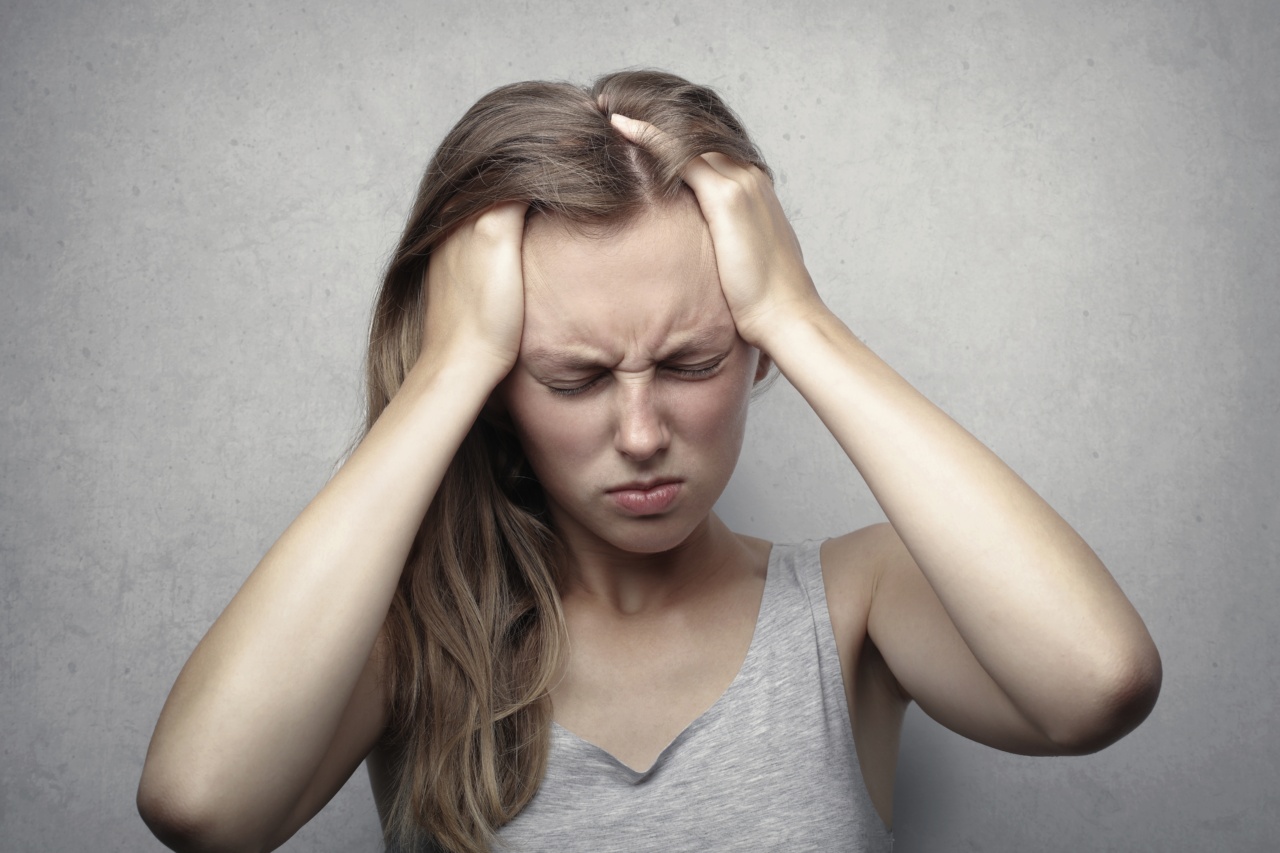We’ve all heard the saying “stress turns your hair grey,” but is there any truth to it? Many people believe that stress can cause hair to turn grey prematurely, but is this really the case? In this article, we’ll explore the connection between stress and grey hair and determine whether stress can really be blamed for those silver strands.
The Science Behind Hair Color
To understand the relationship between stress and grey hair, it’s important to first understand the science behind hair color.
Hair gets its original color from the pigment melanin, which is produced by cells called melanocytes in the hair follicles. There are two main types of melanin: eumelanin, which gives hair a brown or black shade, and pheomelanin, responsible for red and blonde hair colors.
As we age, the melanocytes begin to produce less and less melanin. Eventually, they stop producing it altogether, leading to hair without any pigment and, therefore, appearing grey or white.
This natural aging process is the primary reason for grey hair in most people.
The Role of Stress in Premature Greying
While genetic factors and aging are the most common causes of grey hair, some studies suggest that stress may play a role in premature greying.
According to research published in the journal Nature, stress hormones can contribute to the depletion of melanocytes, speeding up the greying process.
When we experience stress, our body activates the “fight or flight” response, releasing hormones like cortisol and adrenaline. High levels of cortisol in the body can cause oxidative stress, which damages cells, including melanocytes.
This damage can lead to a decrease in melanin production and an acceleration of the greying process.
Evidence from Scientific Studies
Several scientific studies have explored the relationship between stress and hair greying. In one study conducted at Harvard University, researchers found a connection between stress and the greying of hair in mice.
The study involved subjecting the mice to stress-inducing situations, and the researchers observed a rapid greying of the mice’s hair.
Another study published in the journal Scientific Reports examined the prevalence of grey hair in a group of young individuals. The study found that individuals with higher stress levels were more likely to have grey hair at a younger age.
However, it’s important to note that these studies have been conducted on animals or relatively small sample sizes of humans, and more research is needed to draw definitive conclusions.
Other Factors Influencing Hair Greying
While stress may play a role in premature greying, it is not the sole factor influencing the process. Genetic factors, as mentioned earlier, are the most significant determinants of hair color and greying.
If your parents or grandparents experienced early greying, there’s a higher chance you might too, regardless of your stress levels.
Additionally, certain medical conditions and lifestyle choices, such as smoking and poor nutrition, can also affect the greying process.
Medical conditions like vitiligo, an autoimmune disorder that causes loss of skin color, can sometimes impact hair color as well. It’s crucial to address any underlying health issues that may be contributing to premature greying.
Managing and Coping with Stress
Whether or not stress directly causes grey hair, it’s crucial to manage and cope with stress for overall well-being.
Chronic stress can have numerous negative health effects, including cardiovascular problems, weakened immune system, and mental health issues.
Engaging in stress-reducing activities like exercise, meditation, and spending time with loved ones can help mitigate the negative effects of stress.
Seeking professional help and practicing relaxation techniques are additional strategies that can support mental and emotional well-being.
The Bottom Line
While it’s still unclear whether stress is the direct cause of grey hair, some evidence suggests that chronic stress may contribute to premature greying. Stress hormones can potentially damage melanocytes, the cells responsible for hair color.
However, it’s important to remember that genetic factors and aging are the primary causes of grey hair in most individuals.
If you’re concerned about premature greying or experiencing stress-related hair changes, it’s best to consult with a healthcare professional.
They can offer personalized advice based on your specific situation and help address any underlying health issues that may be contributing to the change in hair color.































